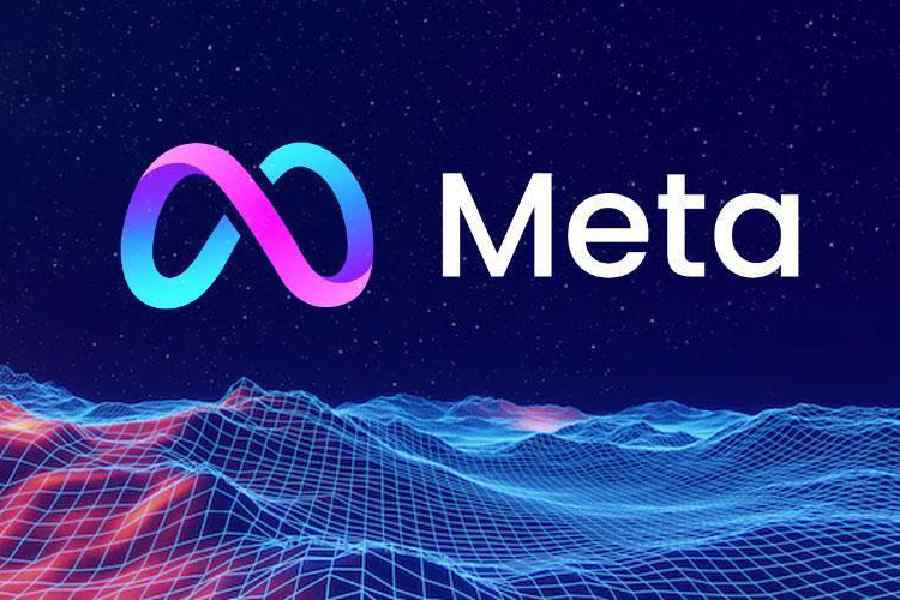At a shareholders’ meeting of Facebook’s parent company, Meta, earlier this week, the social media platform faced scrutiny over its alleged role in facilitating and amplifying hate content in India. A demand by some shareholders for a thorough enquiry into those allegations was turned down in a vote, but the groups that advocate transparency and tech accountability have insisted that they will continue to put pressure on Facebook to take responsibility for its actions. The questions about Facebook’s role in India are not new. Multiple news investigations by Indian and global publications have pointed to a disturbing pattern involving the company showing apparent leniency towards inflammatory posts by leaders of the ruling Bharatiya Janata Party. Some reports have suggested that Facebook has been quicker to pull down similar posts by Opposition party leaders. Others have shown how proxy accounts of organisations that share the BJP’s address have helped spread the party’s political propaganda while circumventing electoral funding laws. A senior Facebook India official has quit amid allegations of proximity to the BJP. Yet, the fact that this debate reached Meta’s shareholder meeting marks a significant moment — even as it raises fresh questions.
While exact voting patterns at such meetings are unknown, it was widely expected that the proposal for an enquiry would be defeated, since the co-founder, Mark Zuckerberg, owns a majority of the votes despite owning about 13.6% of the shares. That is because of a complex and controversial shareholding structure, which many Silicon Valley firms have been criticised for, that allows founders to control the direction of their company while getting the public to bear most of the risk by holding the majority of shares. As long as publicly-listed tech companies with a global reach maintain such structures of opacity, securing accountability from them would be a difficult proposition. That is dangerous — for India and every other nation — because social media has turbocharged the potential for the spread of disinformation and hate like no previous technology in the history of humankind. That threat has only grown with the arrival of bots and artificial intelligence tools that create fake images and videos closely mimicking reality.
The risks run even deeper. The questions asked of Facebook are fundamentally about the functioning of democracies in the digital era. In a market economy, if multinational giants refuse to address the concerns of their consumers, citizens would normally turn to their governments and regulators for recourse. But what if the government itself is accused of skewing the actions of the firm in the first place? That is the conundrum India finds itself in. Facebook was built on the promise of connecting people, helping them make new friends, and finding old ones. Nearly two decades after its launch, its refusal to investigate concerns about hate content in India threaten to do just the opposite: reinforce entrenched polarisation and empower merchants of disinformation, a year before national elections.










